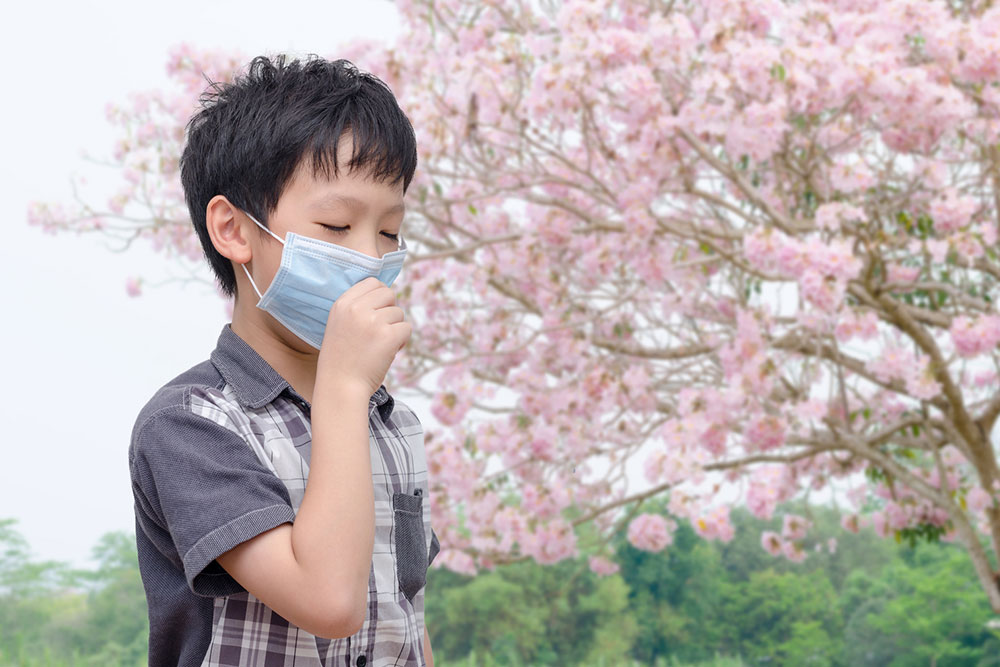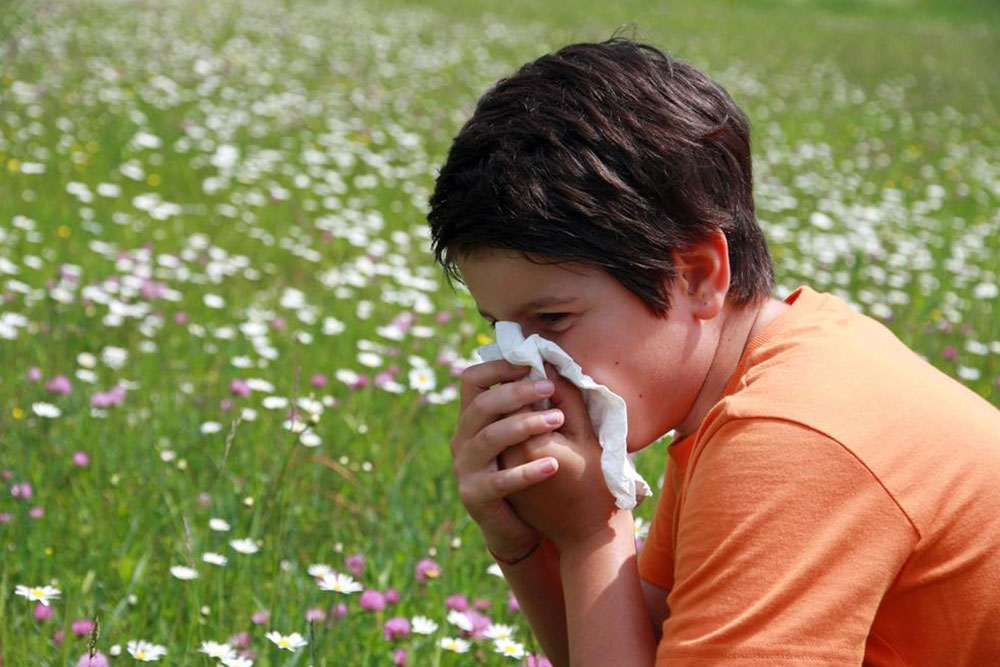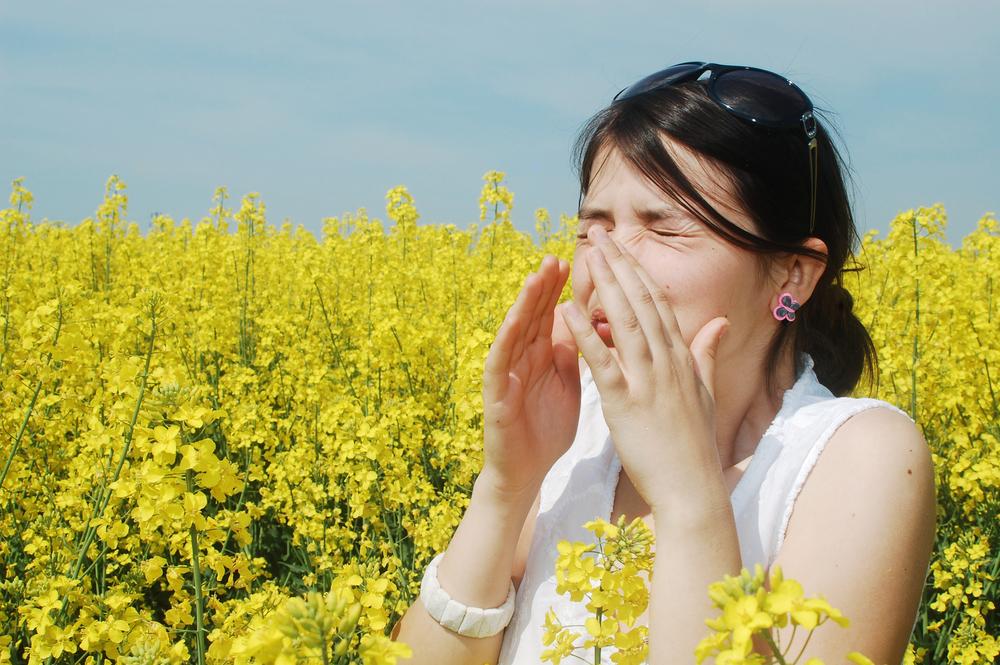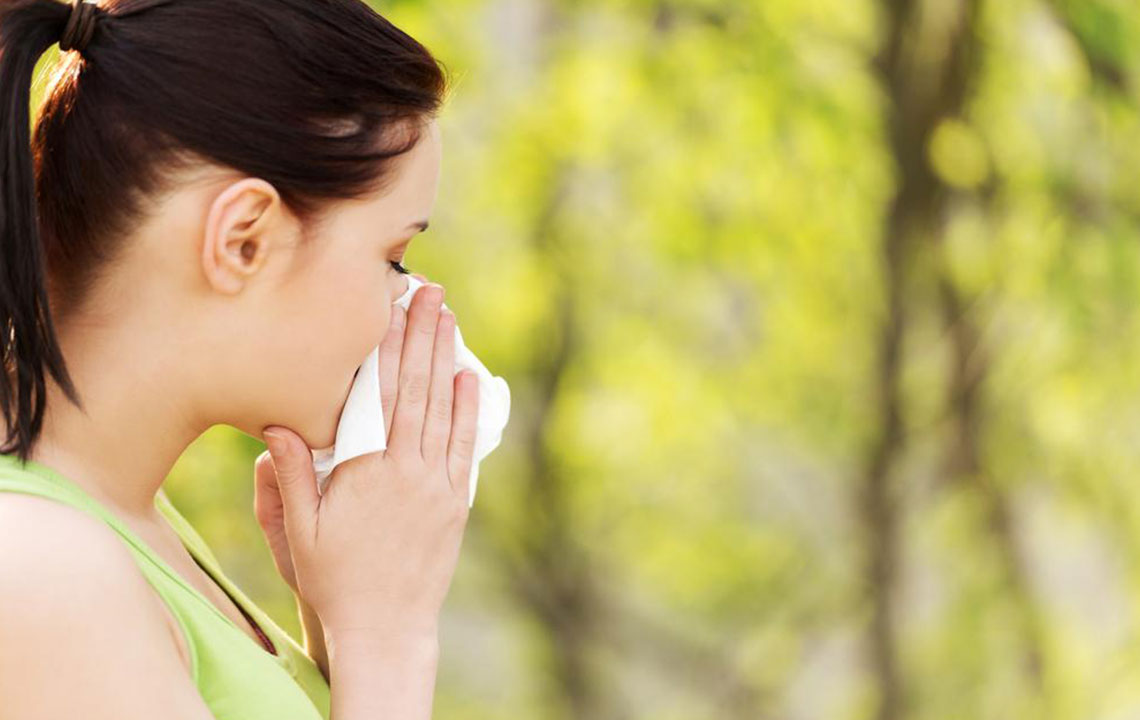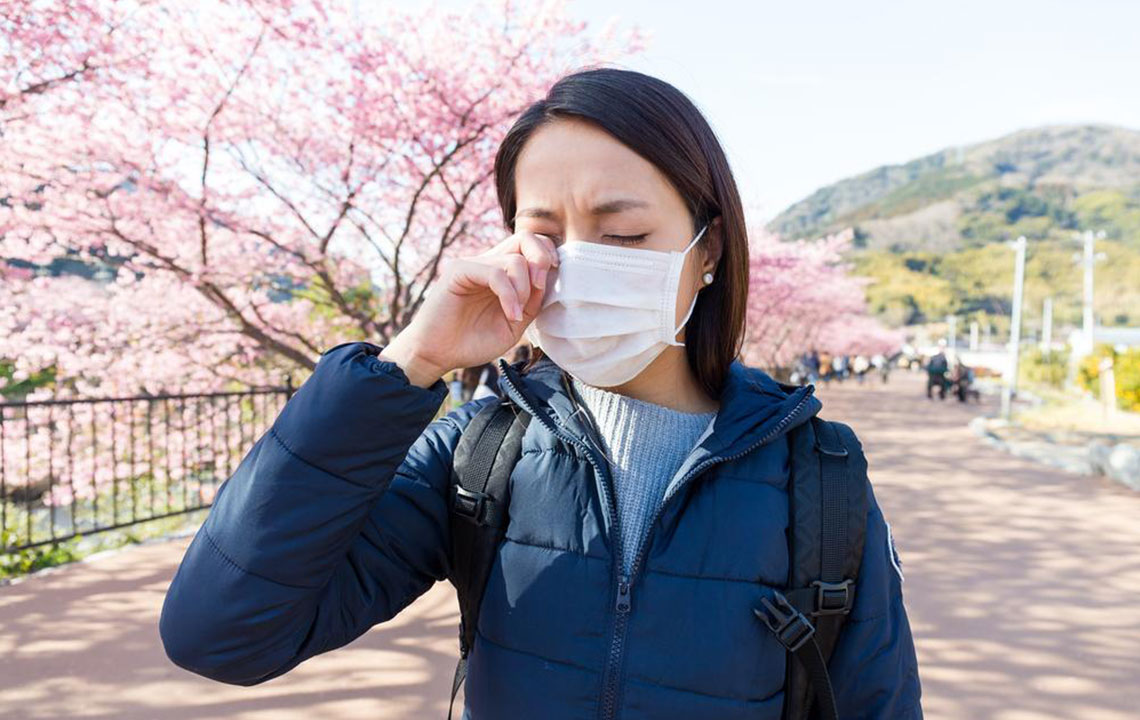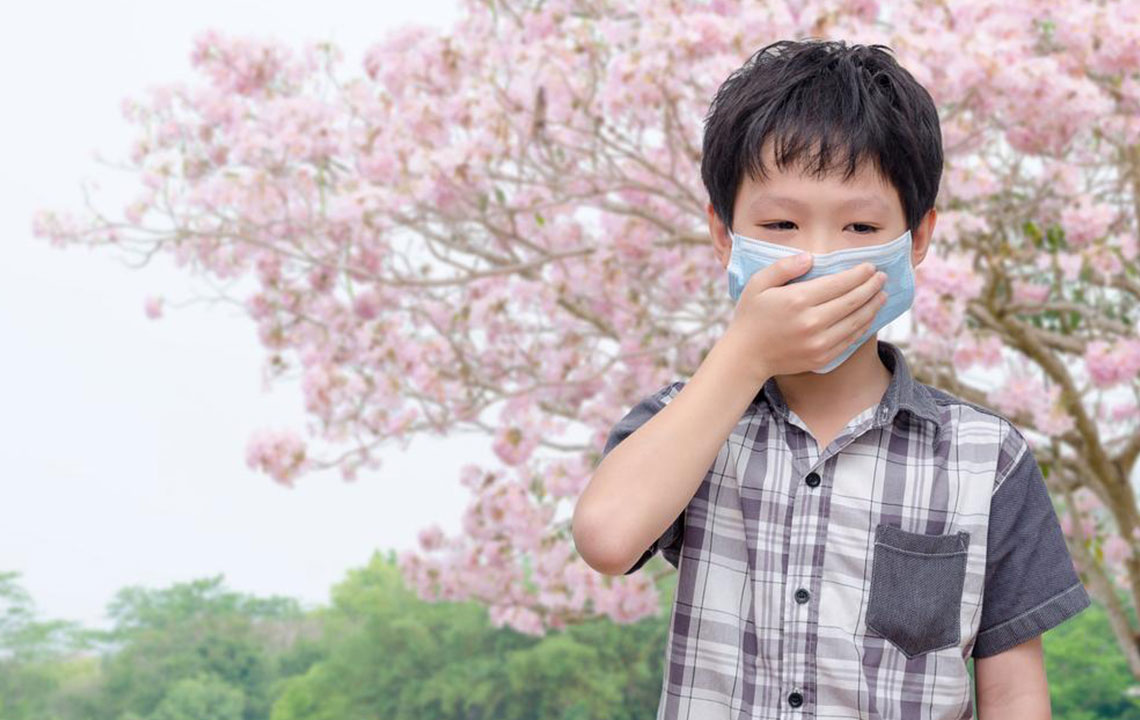Recognizing Pollen Allergy Symptoms and How to Manage Them
This article explores the symptoms, types, and management options for pollen allergies. It discusses how to identify signs like sneezing, itchy eyes, and congestion, and offers treatment strategies including medications, lifestyle adjustments, and home remedies. Understanding these allergy triggers can help sufferers reduce exposure and find effective relief. The piece emphasizes diagnosis through skin tests and highlights simple steps to manage symptoms, ensuring better comfort and health during high pollen periods.
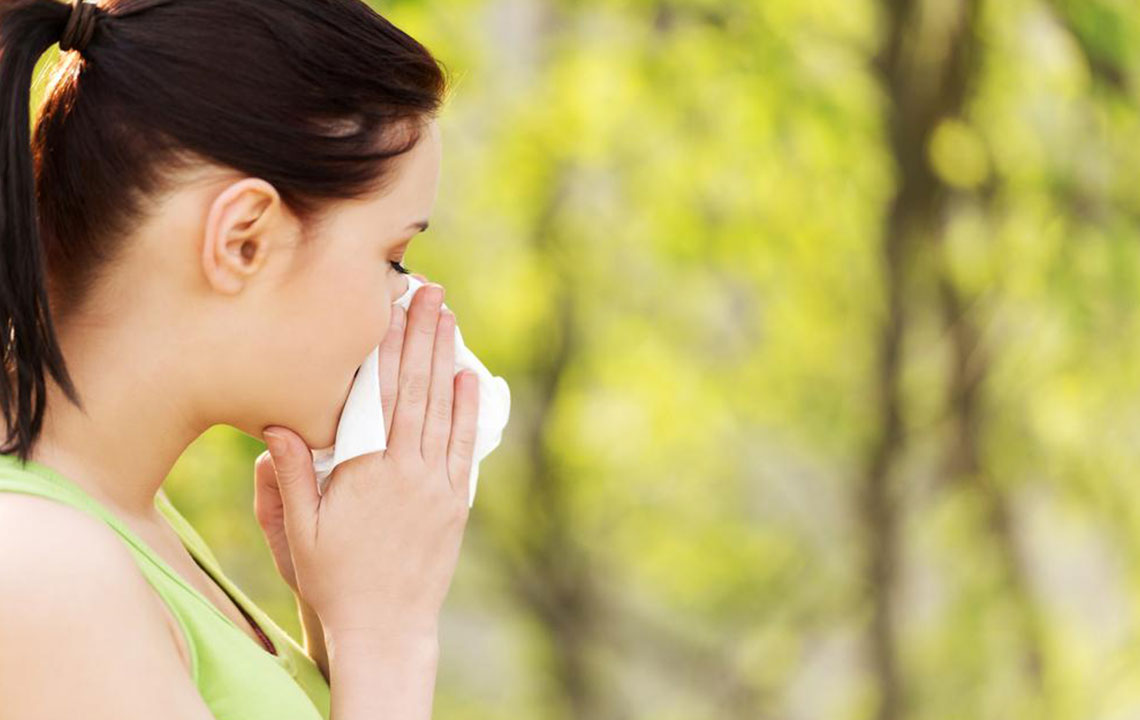
Allergies happen when the immune system reacts excessively to certain external substances. Common triggers include foods, pet fur, dust, and pollen. An allergen is a substance that causes these allergic reactions. Pollen allergies, prevalent especially in the United States, are often referred to as Hay Fever. Pollen is a fine powder released by flowers, trees, grass, and weeds, essential for plant reproduction but capable of causing allergic reactions when inhaled.
Pollen particles are lightweight and airborne, easily inhaled by humans, leading to immune responses. For hypersensitive individuals, this can result in a range of symptoms—from mild discomfort to severe, life-threatening reactions. Common signs include sneezing, cough, nasal congestion, itchy or watery eyes, throat itchiness, irritability, and wheezing.
Types of pollen that induce allergies include birch, grass, oak, and ragweed pollen. Accurate diagnosis often involves skin prick tests, where small amounts of allergens are introduced to the skin to observe reactions like redness or swelling. Confirming the specific pollen type helps tailor effective treatment strategies.
Once diagnosed, treatment options range from medication—such as antihistamines, nasal sprays, and decongestants—to allergy immunotherapy, including allergy shots that gradually build tolerance. Lifestyle modifications like staying indoors during high pollen seasons, wearing masks, and keeping windows closed can reduce exposure. Home remedies, including nasal irrigation, steam inhalation, frequent laundering, and using air purifiers, may also help alleviate symptoms with minimal side effects.
Consulting healthcare professionals for proper diagnosis and treatment ensures optimal relief from pollen allergies. Proactive management can significantly improve quality of life during allergy season.

